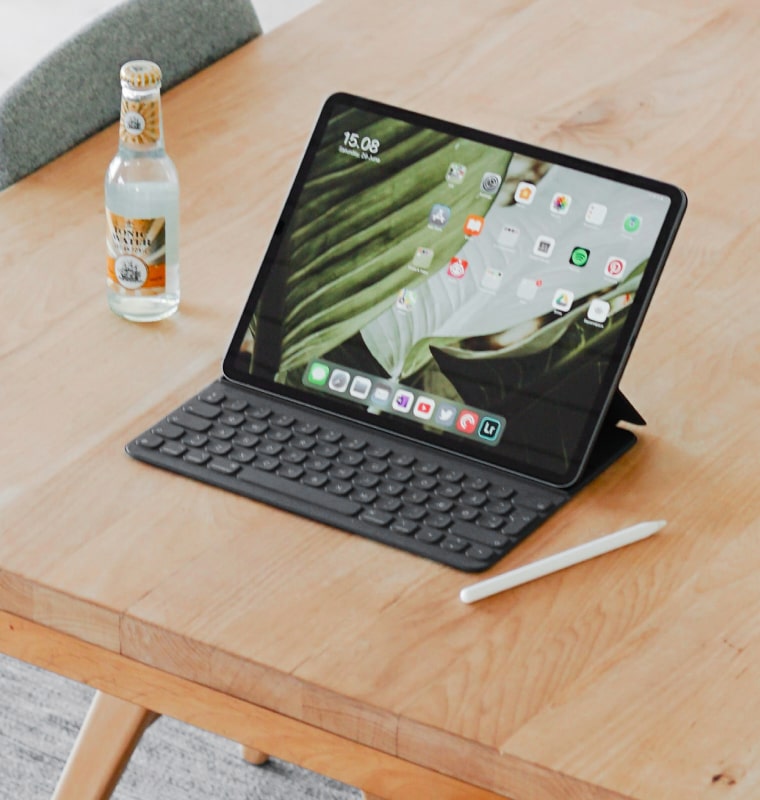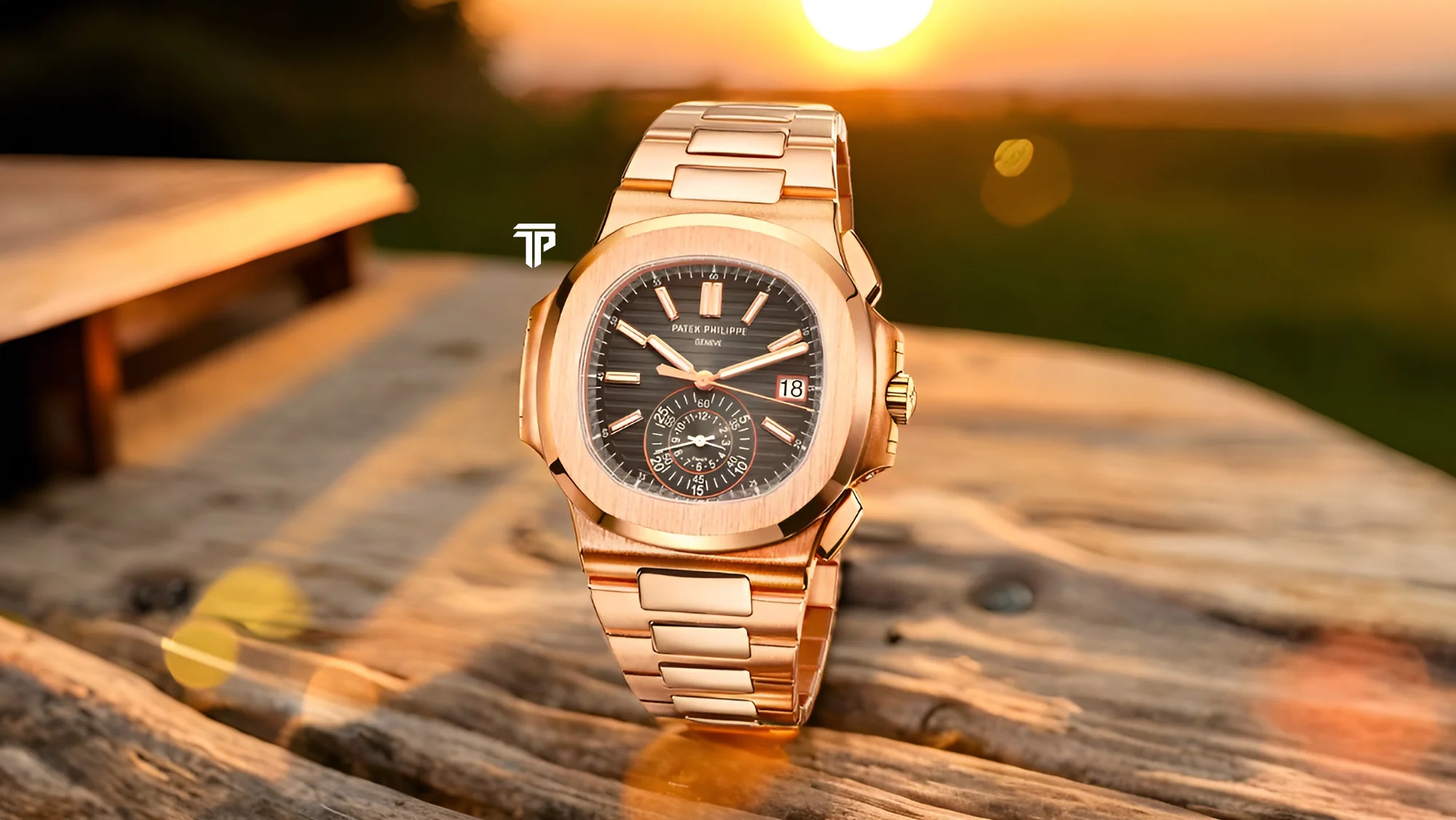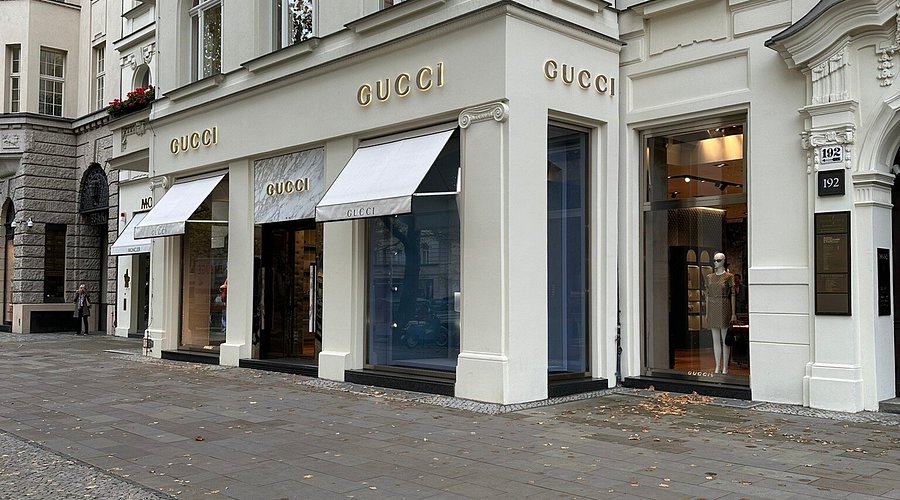The New Code of Affluence Favors Understated Power Over Opulence
By
John Carter
Last updated:
October 13, 2025
First Published:
December 2, 2025

Redefining Wealth in the Modern Era
In contemporary society, the markers of success are no longer defined solely by visible extravagance. Ultra-wealthy individuals are increasingly embracing a philosophy of understated affluence. The emphasis has shifted from ostentatious displays of money to a quiet, influential presence that communicates power through taste, discretion, and strategic decision-making.
Quiet Influence Over Public Recognition
The modern elite often prefer to operate behind the scenes, leveraging networks and resources without attracting undue attention. Social media boasts and public spectacle are eschewed in favor of selective engagement, allowing wealth to serve as a tool for influence rather than a symbol of status. This approach reflects a deeper understanding that real power lies in action and connection, not appearance.
Architecture and Living Spaces as a Subtle Statement
Residences and private estates now embody this philosophy. Homes are designed with elegance and comfort, avoiding ostentatious decor while emphasizing craftsmanship, materials, and functional luxury. Quiet gardens, private art collections, and bespoke interiors signal discernment rather than showmanship, reinforcing the owner’s refined approach to wealth.
Investment Choices Reflecting Discretion
Modern wealthy individuals are favoring investments that provide both returns and long-term influence. Venture capital, private equity, and alternative assets are prioritized over traditional markers like luxury cars or yachts. These choices signal strategic thinking, aligning personal growth with broader market impact while avoiding superficial displays of wealth.
Fashion and Personal Style as Statements of Taste
Understated luxury extends to personal style, where clothing and accessories reflect quality, exclusivity, and subtlety. Rather than flashy logos, the emphasis is on bespoke tailoring, limited-edition pieces, and timeless designs. This approach communicates confidence and refinement, reinforcing the concept that wealth is best expressed through discernment, not spectacle.
The Role of Discreet Philanthropy
Many of the modern elite choose to contribute to causes quietly, leveraging their wealth to create meaningful impact without public fanfare. Discreet philanthropy enhances influence and credibility while aligning with personal values. The focus on results over recognition mirrors broader trends in understated affluence, emphasizing substance over style.
Networking in Private Circles
Exclusive memberships, private retreats, and curated gatherings define the social landscape of discreet wealth. By limiting exposure and engaging selectively, individuals foster networks that prioritize trust, alignment, and influence. These private circles amplify strategic opportunities while maintaining privacy and control over one’s public image.
Digital Discretion in a Connected World
Even in the digital age, the elite are careful with their online presence. Personal branding is managed with precision, often highlighting professional or philanthropic achievements rather than material displays. Digital discretion protects privacy, preserves reputation, and ensures that influence is communicated intentionally.
Health, Wellness, and Lifestyle Choices
Understated affluence also manifests in lifestyle, with emphasis on health, wellness, and longevity. Private wellness retreats, personalized fitness programs, and high-end healthcare services reflect investments in personal capital rather than visible consumption. These choices reinforce the idea that true wealth enhances life quality, not just appearances.
The Future of Refined Wealth
The emerging code of affluence suggests that power, taste, and influence are increasingly prized over ostentatious displays. The elite of tomorrow will likely prioritize strategic investments, personal well-being, and subtle yet impactful social engagement. Wealth is evolving into a quiet force, measured not by extravagance but by legacy, discretion, and the capacity to shape outcomes behind the scenes.
Subscribe to unlock premium content
Sed at tellus, pharetra lacus, aenean risus non nisl ultricies commodo diam aliquet arcu enim eu leo porttitor habitasse adipiscing porttitor varius ultricies facilisis viverra lacus neque.
A comprehensive guide on Agile development

10 Productivity tools that are worth checking out

Top 7 Must have management tools for productivity

A comprehensive guide on Agile development

10 Productivity tools that are worth checking out

A comprehensive guide on Agile development









